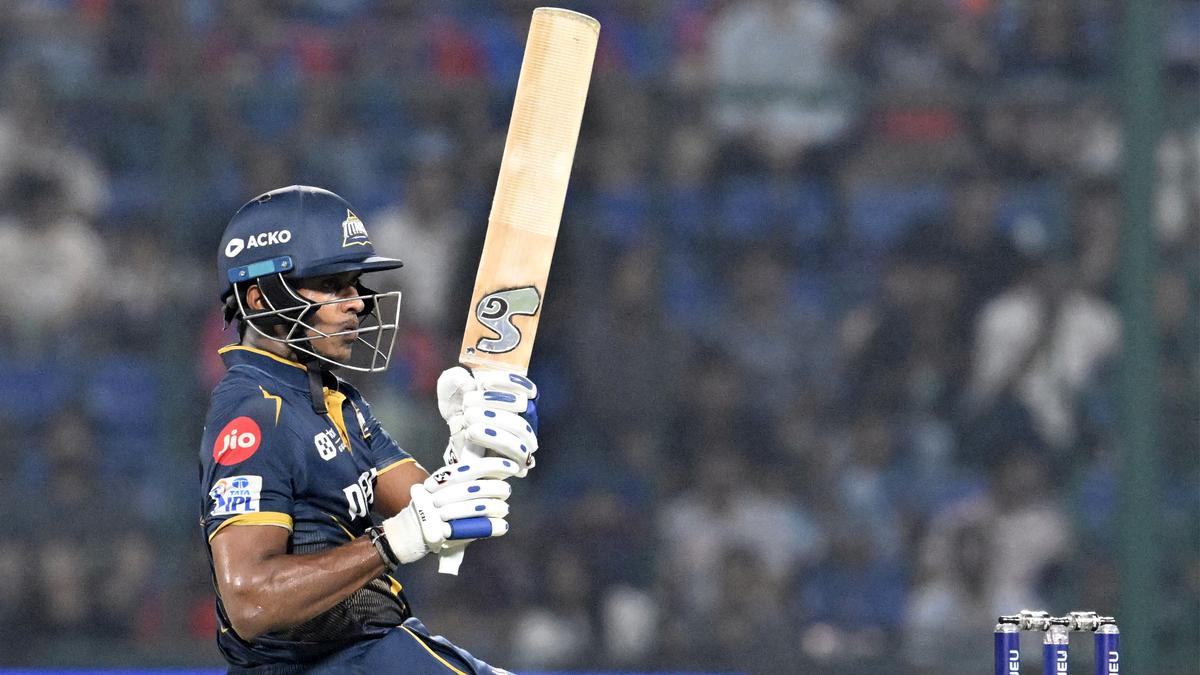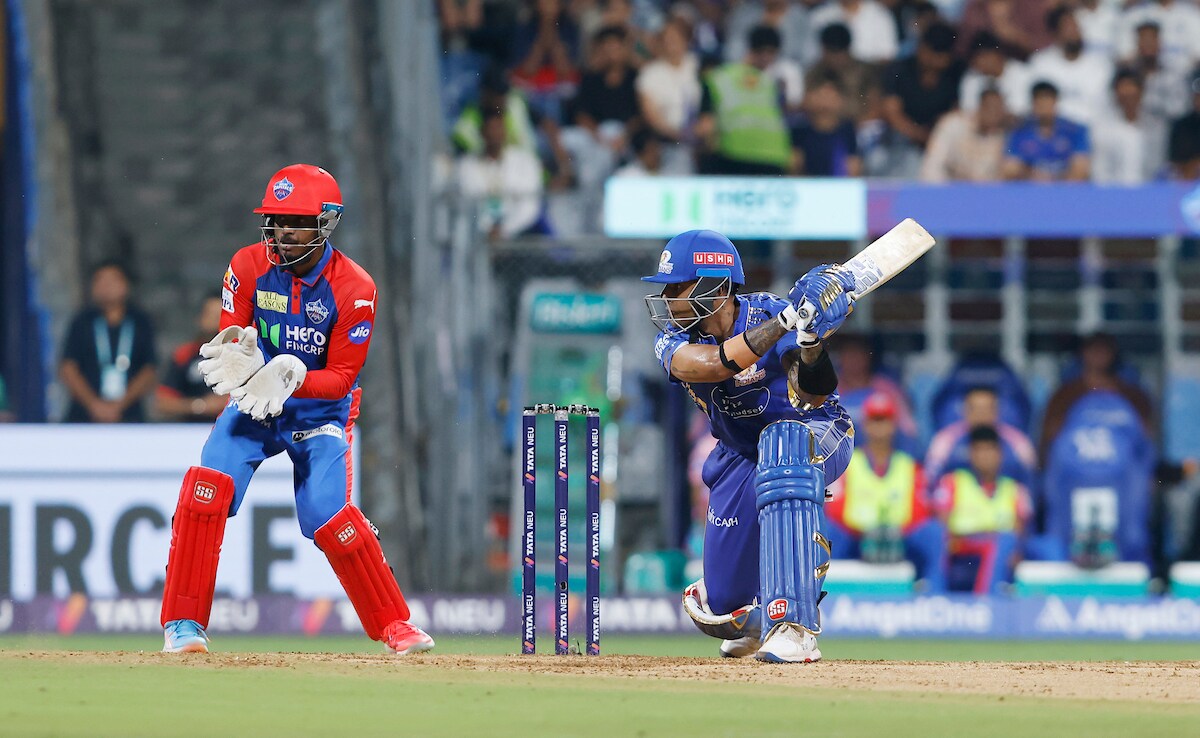
Sports betting has always been a topic of fascination and controversy in India. With the increasing popularity of cricket, football, kabaddi, and other sports, the question arises: is sports betting legal in India? While the excitement of placing a bet on your favorite team is thrilling, the legal status of sports betting in India remains complex and often misunderstood.
In this blog, we will break down the legality of sports betting in India, explore the central and state-level laws, examine court rulings, and provide insights into the future of the betting industry. Whether you’re a seasoned punter or a curious sports fan, this guide will help you stay informed and bet responsibly.
What Is Sports Betting?
Before diving into the legal aspects, it’s essential to understand what sports betting is. Sports betting involves placing a wager on the outcome of a sports event—like predicting the winner of an IPL match, the number of goals in a football game, or even specific player performances.
There are two major types of sports betting:
- Fixed-Odds Betting – You bet on a pre-determined set of odds.
- Exchange Betting – You bet against other players rather than a bookmaker, such as on platforms like K7Star’s Sports Exchange.

Is Sports Betting Legal in India?
The short answer is: sports betting is largely illegal in India, but with some notable exceptions and grey areas.
1. The Public Gambling Act of 1867
This is the primary law governing gambling in India. Enacted during the British colonial era, the Public Gambling Act of 1867 prohibits operating or visiting a gambling house. However, it does not clearly define or include online gambling, which creates a legal vacuum.
- Penalties: Running a gambling house is punishable by a fine or imprisonment.
- Scope: Applies mostly to physical betting and doesn’t directly cover online sports betting.
2. Game of Skill vs. Game of Chance
A crucial legal distinction in Indian law is the difference between games of skill and games of chance.
- Games of Skill are permitted. These involve a significant degree of skill and knowledge. Example: fantasy sports, rummy, chess.
- Games of Chance are mostly prohibited, especially for stakes or money. Sports betting is often considered a game of chance and is therefore restricted.
However, this distinction is open to interpretation, and courts have occasionally ruled that sports betting, particularly in cricket, can involve elements of skill.
3. State-Level Gambling Laws
India is a federal country, and gambling is a state subject. This means each state has the power to frame its own laws regarding betting and gambling.
- Legal in Sikkim and Goa: These states have legalized certain forms of gambling, including sports betting in controlled environments like casinos.
- Maharashtra, Gujarat, and others: Consider most forms of betting illegal.
- Nagaland and Meghalaya: Recognize online skill gaming under specific licenses.
Due to these varied regulations, the legality of sports betting in India differs from state to state.

What About Online Sports Betting?
This is where things get interesting. Online betting platforms that operate from outside India—especially those licensed in countries like Curacao or Malta—are often accessible to Indian users.
While these platforms operate in a legal grey area, there’s no central law that explicitly bans Indian users from betting online, provided the site is not hosted in India.
Examples of such platforms include:
- K7Star
- Bet365
- Parimatch
- 1xBet
Indian users should always choose platforms that:
- Are licensed and regulated internationally.
- Offer secure payment methods (UPI, crypto, net banking).
- Have responsible gambling measures in place.
Notable Court Rulings on Sports Betting in India
Several landmark court judgments have helped shape the conversation around sports betting legality.
1. Supreme Court on Horse Racing (1996)
In Dr. K.R. Lakshmanan vs. State of Tamil Nadu, the Supreme Court ruled that horse racing involves skill, and betting on horse races is legal in licensed racecourses.
2. Law Commission Report (2018)
The Law Commission of India, in its report, acknowledged the widespread nature of illegal betting and recommended:
- Legalizing and regulating betting under strict licensing systems.
- Using betting revenues for public welfare through taxation.
However, this report has not yet led to central legislation.
3. High Court Rulings on Fantasy Sports
Several High Courts have ruled that fantasy sports like Dream11 involve skill and are legal. These rulings, though, do not extend to real-time betting on live sports outcomes, which remains a grey area.
The Rise of Cricket Betting
Cricket is the most bet-on sport in India. From IPL to international matches, millions of Indians engage in betting through both legal and illegal means. The huge betting market has also been linked to:
- Match-fixing scandals
- Underground betting syndicates
- Loss of revenue for the government
These issues have prompted increasing calls for regulation rather than prohibition.
Future of Sports Betting in India
With technology evolving and user interest surging, the pressure is building for clearer legislation. Here’s what the future might hold:
- Regulation over Prohibition: Experts and lawmakers are leaning towards a regulated betting ecosystem with safeguards.
- Increased Tax Revenue: Legal betting could generate billions in taxes, much like lotteries and alcohol.
- Digital Platforms Dominate: Online exchanges like K7Star may lead the transformation by offering transparent, skill-based betting.

How to Bet Safely If You Choose To
While the law remains unclear, if you do choose to participate in sports betting, here are some tips:
- Use only reliable and licensed platforms.
- Never share personal or banking information on unknown websites.
- Set a budget and never chase losses.
- Avoid underage betting (strictly 18+).
- Prefer platforms with responsible gambling policies, like K7Star.
Conclusion
So, is sports betting legal in India? The answer is not a simple yes or no. While traditional betting remains largely illegal under central law, online betting through international platforms operates in a legal loophole. Some states have legalized specific forms of betting, and court rulings have added more nuances.
As the government and judiciary continue to explore regulatory frameworks, it’s vital for users to stay informed and bet responsibly. With platforms like K7Star, Indian players now have access to secure, user-friendly, and skill-based sports exchanges. However, understanding the law and using discretion is key to enjoying this form of entertainment safely.
Disclaimer: This article is for informational purposes only and does not constitute legal advice. Users are encouraged to consult local laws or legal experts before participating in any form of betting.

















